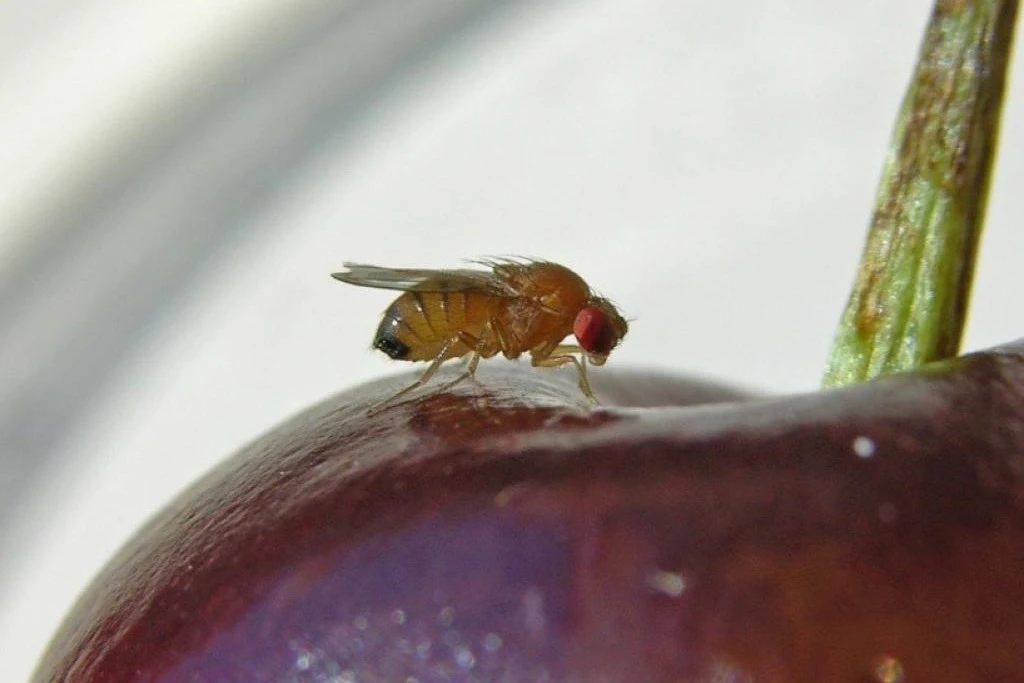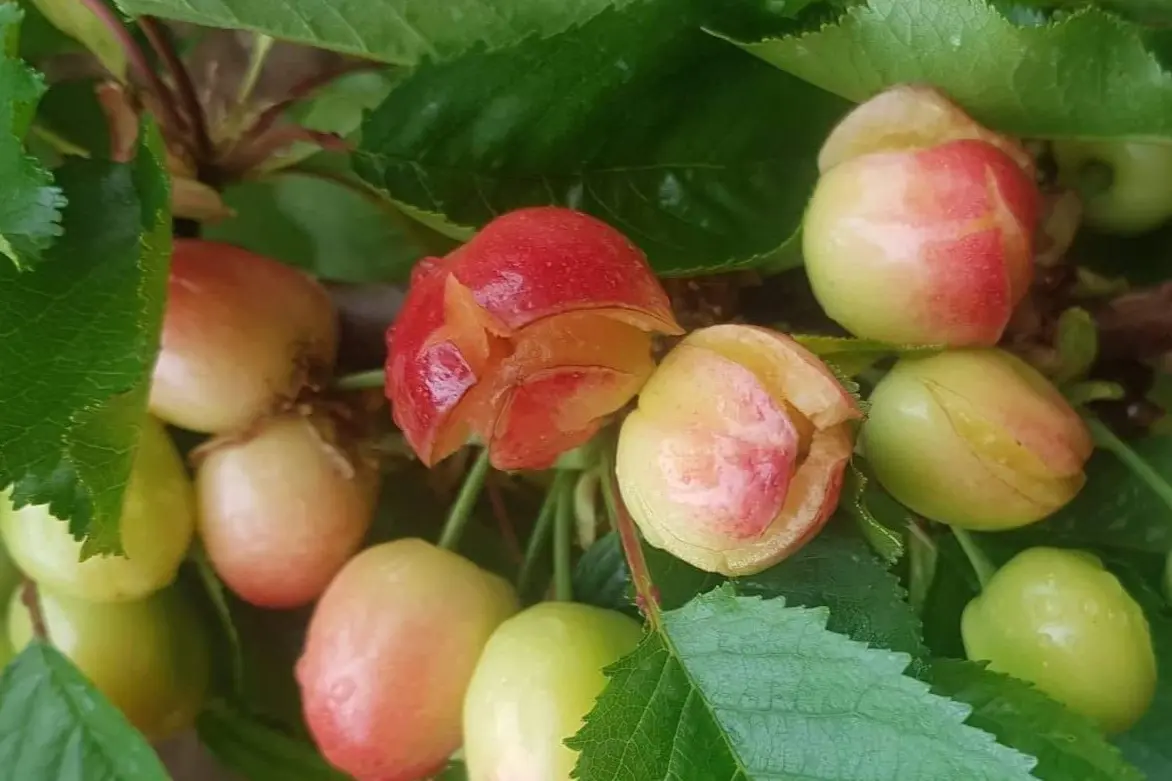First reported from south-east Asia, Drosophila suzukii (Matsumura) (Diptera: Drosophilidae) is now established in the United States and continental Europe. First observed in the UK in 2012, it is now an economically important pest of soft fruit and stone fruit crops.
Control measures certainly include the use of exclusion nets, but these may require additional infrastructure with associated costs and intensive sanitation to remove and destroy infested fruit. Odour-triggered traps, on the other hand, are used for monitoring and to schedule the use of insecticide treatments where permitted.
The use of synthetic pesticides is restricted in many territories and growers must respect residue limits and time intervals before harvesting the fruit. Alternatively, the use of repellents could prevent D. suzukii from laying eggs in fresh fruit. Ideally, repellent formulations should be effective against both the summer and winter forms.
The two forms inhabit different environments and exhibit distinct behaviour, with females going into reproductive diapause during winter. Previous work has shown that the two forms differ in their olfactory and behavioural responses to chemicals, although they can both be caught with fermentation traps.
While repellents are widely used to protect people and animals from ticks and insects, similar technologies have been little used for plant protection, perhaps due to perceived difficulties in maintaining effective concentrations in the field.
The aim of the study conducted at the NIAB in East Malling and the NIR at the University of Greenwich (UK) was to determine whether repellents, formulated in specially designed controlled-release dispensers, could reduce damage to strawberries caused by D. suzukii under semi-field conditions. Fourteen potential repellents for D. suzukii were selected from the literature and from results of previous research.
The results showed that all 14 chemicals tested were detected by the antennae of both groups of D. suzukii. The summer form was rejected by butyl acetate, ethyl propionate, methyl N,N-dimethylanthranilate, geosmin, methyl salicylate and benzaldehyde at one or more doses in laboratory tests.
The winter forms were instead rejected by ethyl propionate, methyl anthracylate, N,N-dimethyl anthracylate, benzaldehyde and butyl anthracylate at one or more doses tested in the laboratory. Ethyl propionate, methyl N,N-dimethylanthranilate and benzaldehyde repelled both species from fruit traps in trapping trials.
Ethyl propionate and methyl N,N-dimethylanthranilate reduced the emergence of D. suzukii in a strawberry crop on 3-5 m, proving to be a possible control strategy against this dangerous insect. Further research is needed to determine the most appropriate release rates and the most cost-effective formulation and distribution methods of these technologies on a commercial scale in a range of crops attacked by D. suzukii.
This should include testing repellents in combination with commercially available attractants as part of an integrated 'push-pull' strategy and exploring the possibility of varying formulations to account for behavioural differences between summer and winter forms
Source: Conroy, C., Fountain, M.T., Whitfield, E.C., Hall, D.R., Farman, D. and Bray, D.P. (2024), Methyl N,N-dimethylanthranilate and ethyl propionate: repellents effective against spotted wing drosophila, Drosophila suzukii. Pest Manag Sci. https://doi.org/10.1002/ps.8020.
Image: EurekaAlert!
Melissa Venturi
University of Bologna (IT)
Cherry Times - All rights reserved










